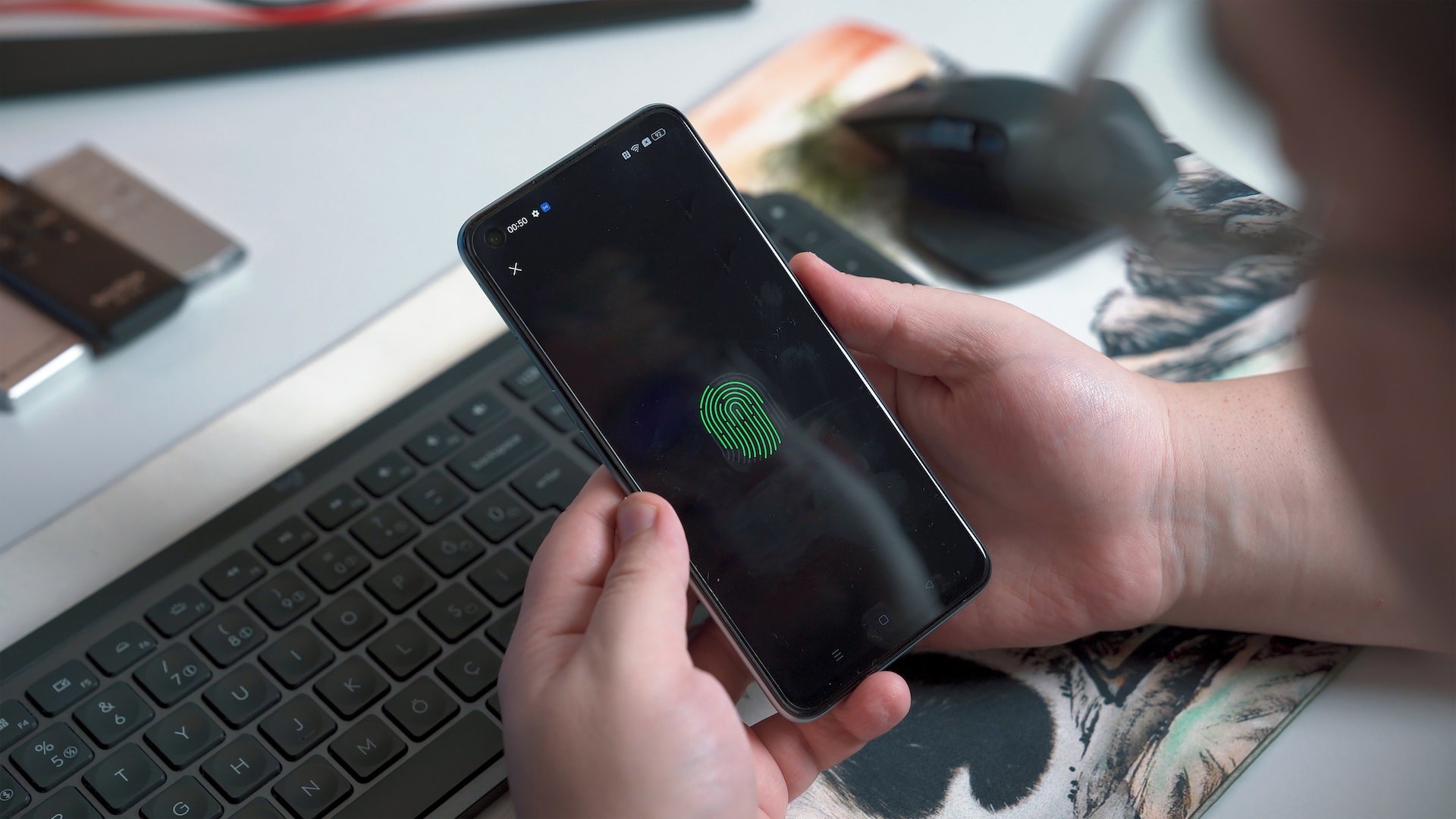During a press conference held on Tuesday, the Pirates’ representatives unveiled their vision for the implementation of eDocuments. This innovation aims to enable individuals to verify their identity through a mobile app on their smartphones, replacing the conventional plastic identification card. This novel approach allows people to selectively share personal data during verification processes, enhancing both privacy and security. The scheduled launch of this project is slated for early next year, though it will not be valid for international use.
Jakub Michálek, the leader of the Pirate MPs, expressed his enthusiasm for the project, stating, “eDocuments is a highly promising endeavor, set to be introduced in January 2024.”
Ivan Bartos, Minister for Regional Development and Digitalisation, and Chairman of the Pirates, described eDocuments as a “standard mobile application” that can be easily downloaded, registered, and utilized.
The primary advantage of eDocuments over traditional ID cards lies in the ability to selectively disclose information during identity verification. For instance, when confirming one’s age at a restaurant, only proof of legal adulthood, without revealing residence or date of birth, is necessary, as Bartoš clarified.
Enhanced security is another noteworthy feature, with the app offering biometric authentication options, such as fingerprints or facial recognition, alongside the option to set a PIN for added protection. In the event of a lost or stolen phone, deactivation is easily achievable, providing a considerable security advantage over traditional IDs, according to the Digital Minister.
Pirate representatives emphasized that traditional ID cards will not be phased out and that the app will serve as an alternative means of identification.
ID cards will remain indispensable, particularly for international travel, where the eDocuments application will not be accepted initially.
The eWallet is anticipated to be introduced within the European Union and be recognized in all member states, but this recognition is expected to take several years. Bartoš stressed their commitment to making the transition to the European standard as seamless as possible.
Starting from January, certain central administrative authorities, like the Czech Telecommunications Office, will begin accepting eDocuments, with the police following suit.
In addition to government acceptance, private sector entities have also expressed interest in adopting this service, as stated by Bartoš.
The eDocuments will undergo the initial reading by MPs during the regular session of the Chamber of Deputies this week.
Source: novinky.cz


















